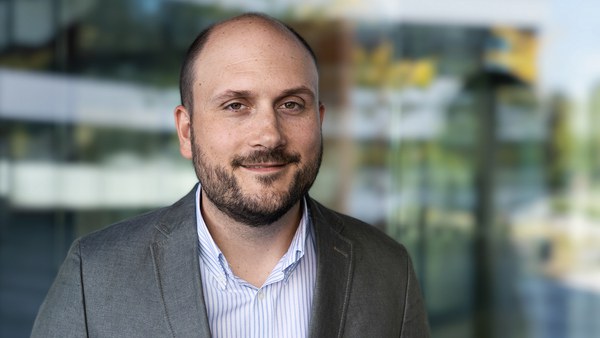Prof. Schmitt graduated in geodesy and geoinformation from the Technical University of Munich (TUM) in 2009. He then worked as a research associate at the Professorship of Photogrammetry and Remote Sensing at TUM, where he conducted research on new methods for 3D reconstruction of urban scenes using airborne millimeter-wave radar in close cooperation with the Fraunhofer Institute for High Frequency Physics and Radar Techniques and the University of Zurich. After receiving his PhD in 2014, he moved internally first to the Chair of Remote Sensing Methodology and then in 2015 to the newly established Professorship of Signal Processing in Earth Observation, which he supported as Deputy Head until 2020. Since both professorships were joint appointments with the German Aerospace Center (DLR), Mr. Schmitt was closely integrated into the operations of DLR's Remote Sensing Technology Institute during this time.
In 2016, Michael Schmitt spent several months as a visiting scientist at the Microwave Remote Sensing Laboratory of the University of Massachusetts Amherst, where he worked on focusing algorithms for imaging FMCW radars. For many years, however, the technical focus of his work has been the fusion of multi-modal Earth observation data (primarily from optical and radar sensors), in particular also using modern machine learning techniques. After his habilitation on the topic of "Data Fusion for SAR and Optical Remote Sensing", Prof. Schmitt was appointed as adjunct teaching professor in the discipline of data fusion in remote sensing at the Department of Aerospace and Geodesy at TUM in 2019. With the start of the winter semester 2020, he was appointed as Professor for Applied Geodesy with a focus on Remote Sensing at the Department of Geoinformation at the University of Applied Sciences Munich and simultaneously started a part-time position at the Remote Sensing Technology Institute of the DLR.
